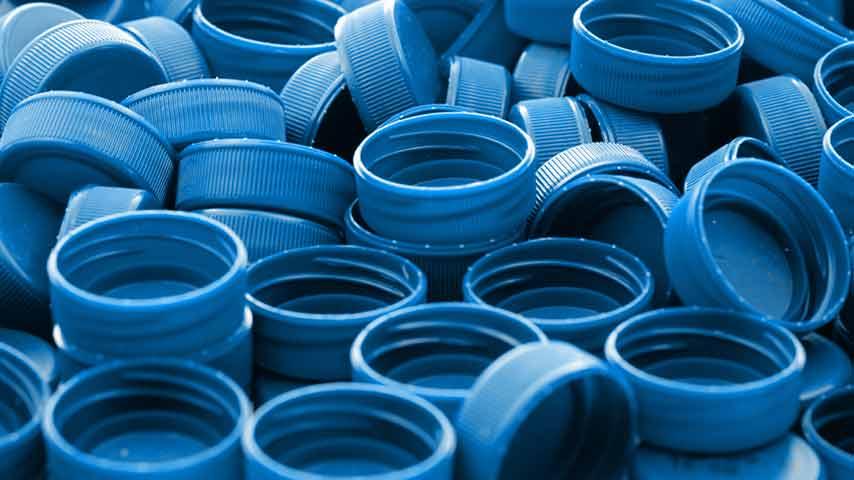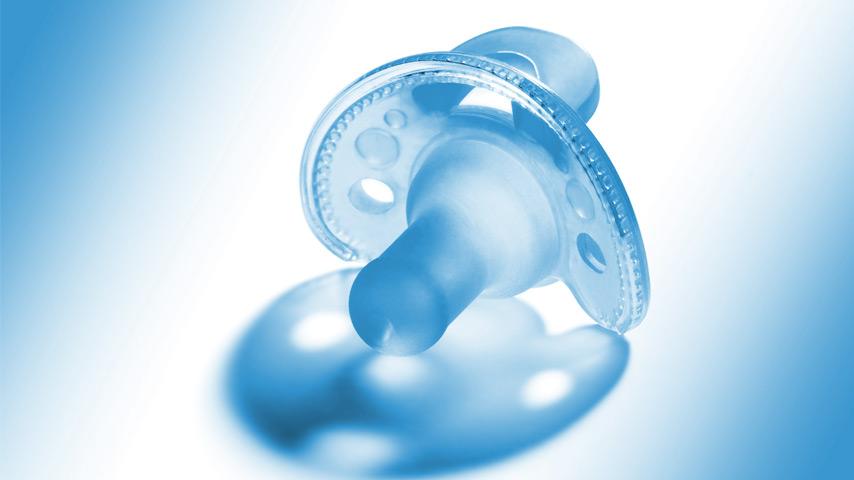Industries
We run with the hare and hunt with the hounds…
... because flexibility is one of our strengths.
The modular closed-loop process control systems from PRIAMUS are universally applicable and not limited to individual industries. Nevertheless, there are applications with very specific characteristics and processes in every industry. For example, the production of bumpers for the automotive industry clearly faces completely different challenges than the balancing of liquid silicone molded parts in a multi-cavity mold. In short, each industry has its own specific requirements for monitoring, controlling and regulating injection molding processes.
Medical Sector
The production of medical products is particularly strictly regulated. The injection molding processes used here must also meet the very high requirements. The standards of reproducibility, repeatability, safety and quality of the injection molding processes have the highest priority in the medical industry.
Validation also plays an important role for molded parts for the medical industry. Many manufacturers go their own way in order to safeguard their manufacturing processes. The resulting validation costs are extremely high and often exceed the investment costs of suitable quality systems.
Often it is not the process and quality of the molded parts that are validated as the end product, but the machine and the mold. However, constant machine settings do not necessarily lead to consistent part quality. We are convinced that the best way to compensate for fluctuations in the injection molding process is with a closed-loop process control system.
Automotive Sector
There are few industries in which injection molding applications are as numerous as in the automotive industry. In the vehicle interior, they can be found in the form of dashboards or door panels, while other parts, such as housings for headlights and taillights, bumpers or wheel arches are also produced by injection molding.
Whether gasoline, hybrid or electric: injection molding parts are used for all types of vehicles. The injection molding parts often replace parts made of metal and thus lead to a reduction in the weight of the vehicles, which ultimately also improves their energy balance.
As numerous as the applications are, so numerous are the problems:
Visible weld lines on large parts such as the dashboard, poor surface quality in the painting process, quality fluctuations in multi-component parts or material overmolding - these are just a few of the challenges we encounter in injection molding for automotive parts.
A closed-loop process control system is therefore the best approach to master such challenges.
Bio Plastics
Bio plastics have long since ceased to be a mere fad, but are an important industry that will continue to play a decisive role in the future. We have been following this development for a long time and actively promote the processing of biological, biodegradable and recyclable plastics.
Our expertise in mold and hot runner technology plus innovative closed-loop process control enables us to provide our customers with a variety of solutions for the production of molded parts using environmentally friendly bio-plastics.
Packaging
The quality requirements for packaging products such as Tetra Paks, bottle caps or drinking cups are extremely high. At the same time, the economical use of resources is becoming increasingly important, especially for packaging. Manufacturers therefore feel increasingly obliged to produce their products as efficiently as possible. The production process must therefore be designed in such a way that as few raw materials as possible are wasted.
In the packaging industry, time - or more precisely cycle time - is a decisive factor because the shorter the production time, the higher the final number of manufactured parts. Efficiency is increased by optimizing the cycle time. Since, almost without exception, molds with many cavities are involved, the balance of the filling process plays an essential role. Only a balanced filling process can also be optimized in terms of cycle time.
Personal Care
There are few industries where the interaction of form and function is as crucial as in the personal care sector. The aesthetic appearance of personal care products such as electronic toothbrushes is just as crucial in the battle for market shares as the smooth functioning of the products.
In personal care products, high-quality surfaces meet functional areas that are sometimes exposed to very high stress. In order to combine aesthetics and functionality and to create a practical and robust everyday object, very specific challenges are posed to the injection molding process.
Technology, Electronics & Household
Many products in the fields of technology, electronics and household are consumer goods that are produced globally and often at several locations. No matter where the injection molding parts are produced - quality must be ensured. However, different machines and the human factor make uniform quality assurance in different countries difficult.
The solution for producing injection molding parts of identical quality worldwide is to standardize part quality. The best way to do this is to automatically adjust machine and hot runner settings via process parameters such as cavity pressure or cavity temperature.
This way, part quality can be ensured even though different machines are used at different locations.
One way of producing many parts in a very short time is FOBOHA's Reversecube principle: the molds are arranged in such a way that cavities on one side can be filled and cavities on the other side cooled at the same time. The sides are reversed by a rotary movement.




